Salutations Dear Gentle Entities and Mulled Miscreants;
In this time of traumatic events at both micro and macro scales we here at Mizz Mizzet’s School for Complicated Lifeforms would like to remind our associates that it is extremely rude to ask members of affected groups to explain, educate or justify the actions of anyone involved in those actions to you simply because you are looking for “authentic” information. You do not need to rely on empathy for subjective guidance, you can simply practice objective etiquette and avoid being an acceptable amuse bouche for elder dragons.
In happier news, today on the plane where Hipsters of the Coast is housed, Hagfish Day is being celebrated! To some of the dearest Hags I know I wish you a day full of portents!
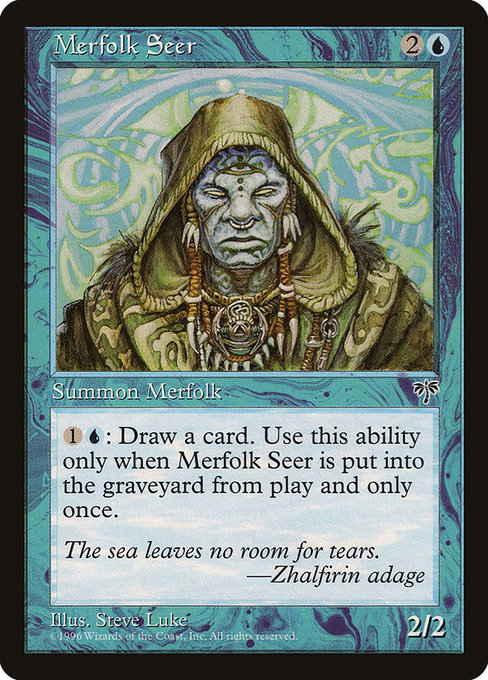
However your local Hipsters Plane Hagfish will present thusly:

As a species they are almost exactly the same form they were in their earliest fossils 300 million years ago. Occasionally called slime eels they are not actually eels at all and they absorb nutrients through their skin, meaning the rude must be made into a microscopic slurry in order for a hagfish to consume them. Very much like brethren Golgari on my home plane they clean and recycle the dead on the seafloor. So one may show their appreciation for their cleanliness on Hagfish Day by protecting the species and the environments they occupy. They have four hearts and thus are very affectionate friends.
Today’s column shall answer a request about the equitable distribution of a combined collection of cards at the dissolution of a partnership. While difficult it does not have to be discordant and so we shall be describing a full process for folk who are future thinking and consciously uncoupling.
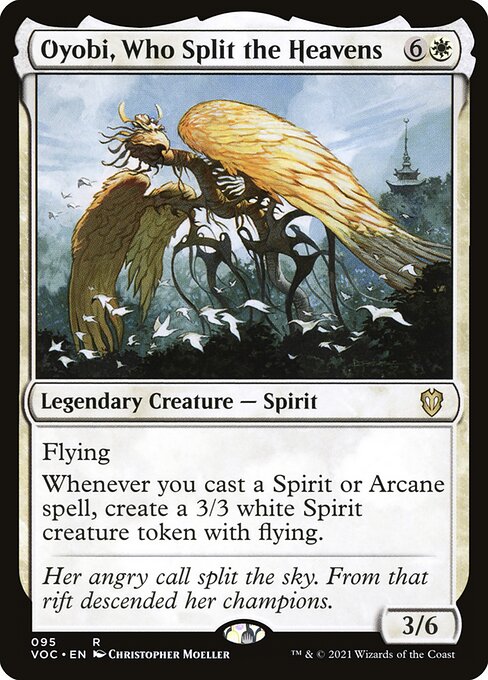
As this is our thirty-eighth column, we at Mizz Mizzet’s School for Complicated Lifeforms would like to remind you that we answer between 1-3 letters from our interrogative entities across the multiverse each week.
If you missed our initial column, you may peruse it at your leisure at this location.
Content Warnings
Mizz Mizzet’s Guide to Magical Manners is pleased to provide Content Warnings, given that solving bad behavior often means describing bad behavior.
Dear Mizz Mizzet;
My partner and I are in the midst of an amicable breakup. We’ve been together about 5 years and most of the things are easy to work out, but we can’t figure out the best way to split up Magic cards and the various accessories and magic items so we’re going to ask you.
In our friend group we have had a lot of people tell horror stories about collections and cards and decks taken by exes. We’re pretty sure that we aren’t going to do that kind of thing to each other, but the idea that in a few years we might resent whoever got one box or got custody of the card that’s suddenly 200$ kind of haunts us. Do you have any advice? Mostly so we can blame you or good manners instead of each other later?
Splitting Headache
Dear Splitting Headache,
First allow me to extend both my sympathies on your partnership coming to an end, and my warmest compliments on the mature and caring way you are dissolving it. I say this most specifically because you are not only taking your current course of action preventing distasteful animosity now, but additionally protecting both of your future selves from emotional and fiscal harm. It is eminently respectful, and thus deserves every kind of accolade.
As you wrote to me in the plural, I shall address this projected plan in response to you as a couple. In five years together a couple can amass quite a myriad hoard! You may find that the mundane etiquette around things that are NOT treasure is directly relevant to dividing yours. In most draconic pairings there is usually a “to the victor belongs the spoils” sort of agreed upon dissolution in many legal terms, but in practice one often finds that draconic pairings generally hoard different things. Generally aesthetics help simplify the division period. Dragons however, are known for holding violent grudges in the same manner as fae in some planes. So, if one wants to avoid overinvestment in adventurer-proofing, or the necessity of creating prophecies and secret societies to protect one’s prized Harp of the Dead Gods, or Unlicensed Nuclear Accelerator with Pet Banishing Necromancers over our millenia long life spans, we have indeed worked out systems to invoke informally before having to resort to divine courts or trial by combat.
Combat also frequently disrupts one’s alphabetically stacked textiles, so consult your local Advocat my draconic siblings! In most current trial-by-combats, due to precedent, breath weapons are no longer permitted in legal tussels because it damages the items being contested.
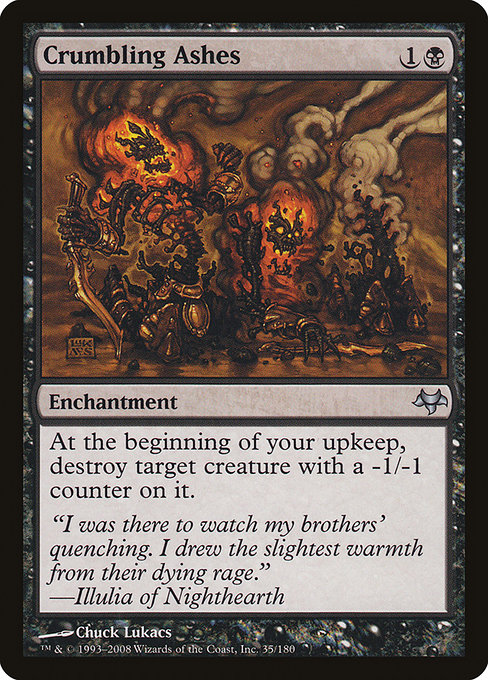
If you are native to the plane Hipsters of the Coast is on however, none of this is necessary. Indeed currently trial by combat is illegal in most states. I will however share a system that has worked for the more pacifistic of my kind.
Gather The Hoard
The first thing you should both do is gather together – as individuals – ALL of the items that meet the descriptive category of “ Magic cards and accessories”.
On this plane, in the United States of America, European influenced law, and most common law groupings influenced by romance languages – anything given as a gift belongs to that person without the giver having any further claim on that item. This includes things such as houses, cars and rings of precious materials, so your very first task would be in your individual hoards to separate out anything that was a gift to you – either from each other or from gift givers outside your relationship.
Sorting Gifts and Confirmation of Category
Once you have separated out “these belong to me clearly because they were a gift” then each of you should check the other one’s pile of gifts and make sure you both agree that “Yes – these were absolutely gifts given to either of us individually and the chain of custody is clearly one that ends with you”
During this first sort is when you may find out that your partner doesn’t fully agree that something was a gift to you, or thought that a gift made to one of you was actually a gift to both of you. You may, far more distressingly, discover that something you believed your partner gave you as a gift is not considered a gift from that partner.
Honor the emotions but put contested gifts to the side. We will come back to them later. Five years is a long time, memories can change, fade or get manipulated by impudent planeswalkers who do not tuck their pants into their boots. Show grace in disagreement and do not allow it to derail your wish for amicable settlement.
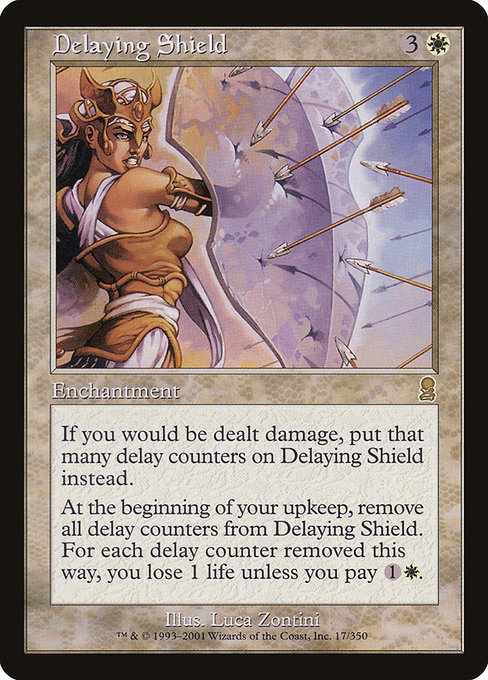
Now you will need to identify the gifts given to you as a couple – they are “shared gifts” treated the same way housewarming or wedding gifts that were not Magic related might be – once identified and the provenance agreed upon, they are their own group. In this sorting of your hoard you may discover that something you assumed was given to both of you may be perceived by one of you as “theirs” if you have done the first step properly you should not find that something you thought was given to both of you was perceived by one of you as given specifically to them alone. That would have already come up, been resolved or been placed in the “Provenance Unclear” contested gift pile.
Now that gifts have been separated out from the primary hoard – each of you will have items that you clearly think of as “yours” they may be decks you’ve put together, bulk draft from competitions gone by, signed art or cards from events you have played with, items won, items customized.
This is the time for each of you to separate out into individual hoards the things that are clearly ”yours”.
There is one subdivision for each of you – things that might not be clearly yours but that you feel deeply attached to even though the other partner might possibly have an equal or justifiable claim. Do not argue about it – make that it’s own grouping – if the two of you find that you have an equally strong feeling about something in this subdivision, put the item into the “contested gift” section of your hoard and we will get back to it later in this process. When anything is contested I might add that depending on the size of your lair and the amount of your treasure, specifics can be forgotten. Delightfully, this plane has developed adorable little slips of sticky parchment – when you put something into a “contested” pile make a little note with just the facts of why it went into that pile (both partners should make the note together immediately) so when you get back to it later you will not have the chance of “remembering why” becoming a new source of conflict.
In overheard stories or sorrow and regret over splitting loot, it is usually these items which are the ones creating uncharacteristically poor choices in otherwise intelligent entities. Having a system to hear each other out, but deferring decisions so it may be dealt with later, allows everyone some time and perspective.
Sorting the Shared
Excellent! Look at how much work you’ve done!
- You have clearly provenanced gifts separated out.
- You have things that specifically belong to each of you through use, feats of strength, enemies vanquished and commercial sidequests in your individual hoards.
- You agreed on which things should be considered communal property agreed
- The communal property items that have great personal meaning to each of you are now also identified and known to your amicable ex-amor, but not yet divvied up.
- You have a group of items with notes that are “contested to deal with later”.
This was the part with the most dangerous terrain but we are now heading to the grindy part of allocating a five year collection.
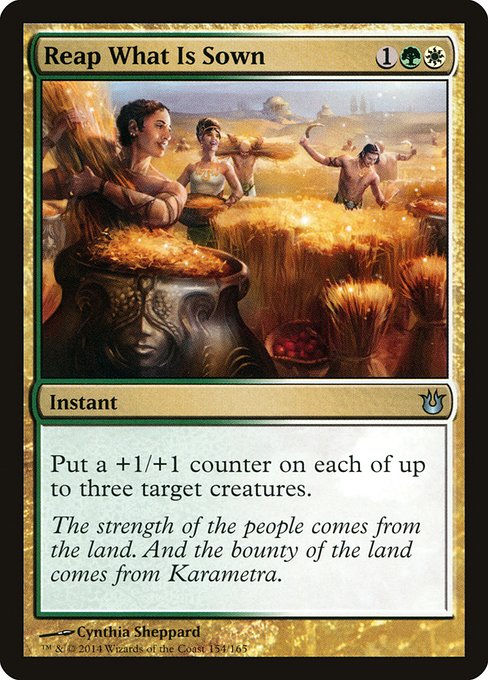
I, like many, dread collection management, while adoring acquisition. Thus, I will often focus on a different task that simply must be done before I have to sort every object in my hoard into a new system for my lair – so I offer you this moment to procrastinate.
If you are not yet ready to sort the minutiae of your shared collection; this is an excellent moment to go back to those “emotionally resonant shared items” from the previous step and see if the two of you can sort those directly to the person to whom they mean the most if it can be immediately agreed upon. If there is any kind of hesitance or question about “equal value” affix an adhesive parchment with the reasons and keep it for later.
What should remain is simply your common property hoard. Loose cards are simple – sort them into multiples and split them evenly. If one partner hates one set and the other partner hates a different set – separate them anyway. ( this is the part that will prevent that “years later regret”).
Agree on the Easy Bits
All multiples are now fully split. What will remain is singles and objects that are community property but might be things like sealed product or preconstructed decks or perhaps decks that were made from community property but neither of you had strong enough feelings for them to be part of the previous sort.
If possible, see if you can sort them together with a simple “would you like this one?” as you’re each sorting and then see how many get removed from the communal hoard into separate hoards through this exercise.
Take the remaining “shared but unclaimed” items and cards – run them through one of the many collection tools and see if you can split them simply on equivalent current monetary value. Things that come up where you both would like to claim them should be moved into the contested group.
Huzzah! What you should have now are THREE hoards – two individuals and one that is full of the objects that were harder to agree on and tabled for later.
Resolving the Complicated Claims
DO NOT address the contested hoard on the same day that you were doing any of the other sorting – you will be tired. It doesn’t matter if you are amicable – unless you are one of the forms of being set up to run mass ecosystems you will be navigating both nostalgia and decision fatigue – you will have found things you have both forgotten.
Make a date to deal with the contested pile on a future day you both have off. On that day order in your preferred comfort ingestibles. If you are in the appropriate plane perhaps you can share a nice roasted relative who was rudely offering you unsolicited advice about how to handle the dissolution of your relationship with a nice mint chutney.
Now the methods for working through contested claims on treasure.
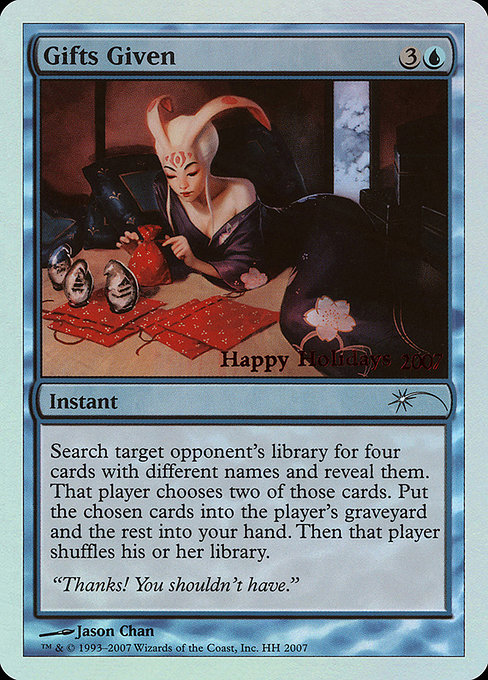
Negotiation of the Contested or Unclear items Left
Start with all the items that were identified as gifts but memories varied on if they were to individuals or to you as a household. Use the same system you have just completed for community property – does this item * mean * more to one of you than the other. Can you both let it go to that person without conflict?
Then let it go to that person.
Is there something about the contested object that makes one partner feel it is unfair or unequal for it to go to the other?
- Identify the “why” it feels unfair
- mark it with the reason
- put it to the side until the amicable resolutions are finished.
For the contested items that were not gifts, but you both feel you have a claim;
Is the claim “use” as in they used them or would be more likely to use them in the future?
Is it value?
Is it “ I just kind of like that art a lot, and I’d like to be the one to keep it”?
NOW is the time all the previous work you did together on the rest of your items will be used to resolve these issues.
If someone in the partnership really did use the thing or play the set more than you did it is simply good manners to admit that, and let them have the thing.
HOWEVER, if the issue at stake is value, or concepts of fairness ,we may implement the original heart of the Trading Card part of the Trading card game! The two of you can trade with each other from your already individually sorted piles, or trade claims on the yet unclaimed objects.
Trading something to get a fully agreed upon claim to the contested object allows the claims to be clearly agreed upon and gives you both agency. You will have agreed on what the important bits about the trade are before you ever reach the actual trade – that’s what those sticky bits are for. Everyone knows what the stakes are for the person who wants the trade and what the concerns are for the person who asked for it to move to the contested pile.
Make trades or agree to final ownership through the contested items until you both agree you have each left with the hoard fairly.
In five years from now when you recall things things you shared with your former partner but no longer own, you will have the lament
“Oh wow I didn’t think that card would go up in value so high when I let them have it in exchange for that 2013 Vegas playmat that’s a bit cracked now”
instead of;
“Oh my ex took that card” having full agency in the division of goods will prevent the future gripes ( which of course are simply part of millenia passing) from being bitter towards an ex and simply rueful trading stories of the card that got away”
And I believe that outcome is the best one can hope for in such circumstances. Of course should you still feel the pangs of loss from a potentially diminished hoard you can follow through with your plan and blame the fact that you asked a dragon for advice.
May the positive intentions of you and your partner reward you both over time.
Equitably yours,
MM
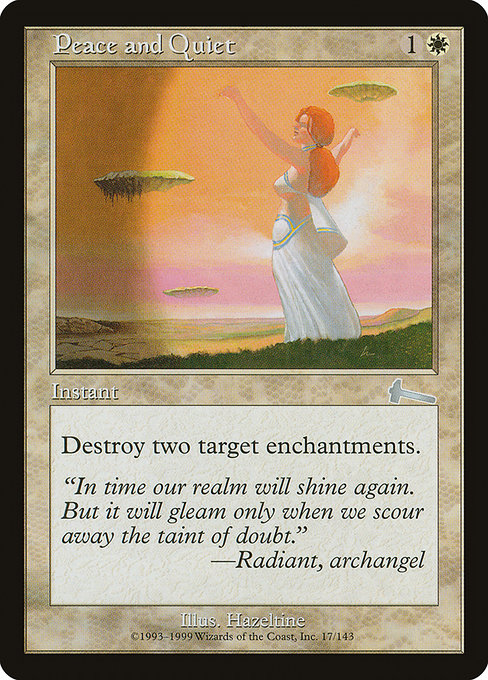
Dear Mizz Mizzet;
Is it rude to limit the number of tutors that people can play in a commander deck? Is it rude to have too many tutors in a commander deck?
Finding Out
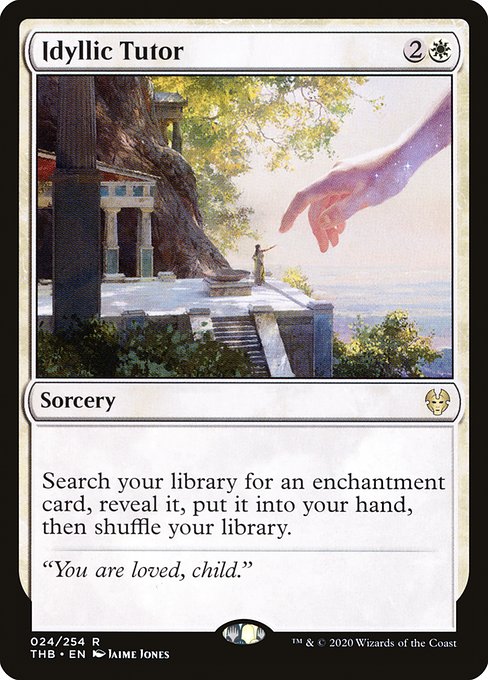
Dear Finding Out,
If your commander deck requires specific combos in order to be the way it wins, the polite number of tutors in your deck would be dependent on the relative power of your gaming group, its location and whether or not you are playing competitive elder dragon highlander (CEDH).
In CEDH it is expected that your deck accomplishes its goal with extreme efficiency and one would imagine you may put in as many tutors as necessary. If you are playing with known entities then it is a matter of house rules and agreements. If you are playing pickup games at a local game store there is no true manner of determining if your deck is properly and politely scaled for play until you have played in your local metagame a few times.
As a general rule of thumb I personally endorse a “two tutor” limit for playing decks that are meant to play a traditional four pod commander game. That will keep your decks moving and give you options should your beloved pile stall for want of a horseshoe nail but not be so likely to show up in your hand that it will accelerate your potential win in an oppressive way.
If you have an extremely complex combination of four or five cards for your desired combination to go off you may discreetly use three without creating undue offense as long as that is your primary use for the tutors themselves.
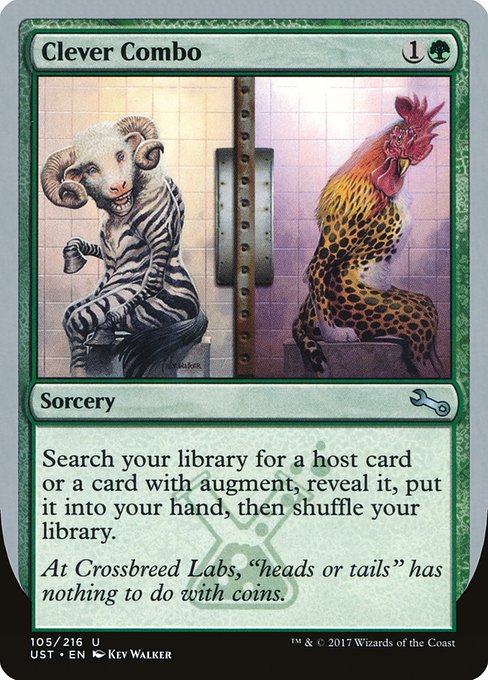
While playtesting I recommend that if you find you are winning more than fifty percent of the time in four person pods and always with the use of the tutors then three might need to be reduced to two in order to be well mannered.
I am sure your competitive compatriots will appreciate your consideration!
MM
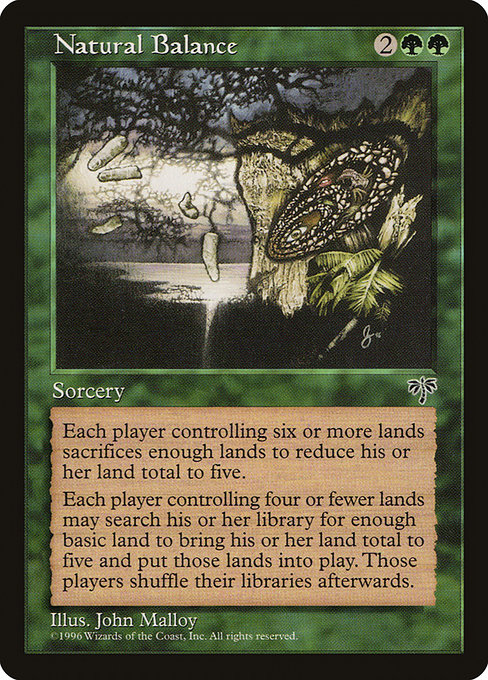
Thank you to Adrienne Reynolds, for her interplanar transcription services.
Mizz Mizzet Portrait by Andres Garcia
Delightful Readers, Please Submit Your Questions to Mizz Mizzet.
You may submit your questions to Mizz Mizzet using this form.
New Mizz Mizzet columns are posted every Wednesday right here as well as in Hipsters of the Coast‘s weekly email newsletter. You are also encouraged to follow her at @MizzMizzet on Twitter.
Any questions answered publicly will be made anonymous, and noms de plume will be created to represent any parties mentioned.
Born a perfect dragon in an imperfect multiverse, Mizz Mizzet (she/her) is the pioneer broodmother of today’s multiplanar civility movement. She is now working to persuade Planeswalkers to participate in it.
Her tireless efforts to expand the understanding and exercise of etiquette beyond the stereotypical terror of too many pieces of silverware, and whether to use poisons or explosives at celebratory conquest dinners, have not escaped official notice.
She specializes as a consultant in seating arrangements for inter and intra planar political events as long as contracts include the option to eat the rude.
Out of respect for her relative’s delicate sensibilities regarding draconic rank, she does not reside on the plane of Ravnica.

